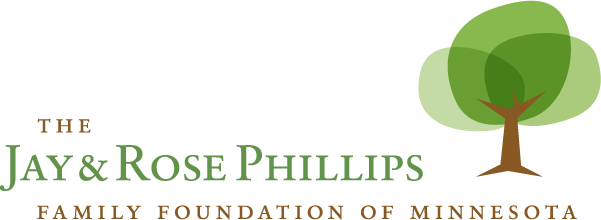By Daniel Jay, Social Impact Coordinator Greater Twin Cities United Way
Every other Friday after the PSEI Cohort meeting I try to go to Otter’s Saloon for happy hour with several other PSEI VISTAs. The space is intimate, the happy hour deals are fantastic, and the place is a karaoke goldmine. We’ve even developed a relationship with one of the bartenders. She knows my beverage of choice — Old Style — a bland Wisconsin lager that has been around for over a century. However, what is most important about our afternoon happy hours at Otter’s is that we talk about work: the good, the bad, and the ugly. We all enjoy doing this, and since most of us are located at different agencies, we feed each other different perspectives on workforce development in the Twin Cities. For me, it has become clear that these conversations illustrate the necessity of social relationships at this stage of our career.
To the average onlooker, it may appear that we are slacking off, but, in reality, we’re probably being twice as productive in terms of developing ourselves professionally and socially. I would also argue that our VISTA cohort functions more efficiently than others because of this use of time. I do not want to encourage alcohol consumption, and I want to make it clear that not all PSEI VISTAs consume alcohol, but, to me, this location is significant.
Social scientists Ray Oldenburg and Robert Putnam argue that this form of socialization not only plays a role in our personal happiness, but also in democracy. Through socializing with others, Putnam argues in Bowling Alone, we add value to our own lives which will be useful to us in future situations — also referred to as social capital. I noticed that once our cohort began getting to know each other better, we began having more difficult conversations – usually about politics, or ideologies. Being a VISTA in a well-functioning cohort like this puts us a step ahead in the game. It allows us to become more knowledgeable on a variety of subjects, like workforce development, and teaches us how to push for agreement on certain topics, which is essential to democracy. Putnam’s research shows us that, in the United States, this form of socialization is decreasing significantly. Not as much free time is spent in the company of others, which will likely have adverse effects on socialization. Similarly to Putnam’s research, Ray Oldenburg studies the third place, which is a place outside of a home where individuals can gather and interact, like Otter’s Saloon. These concepts are not new. French historian/political theorist, Alexis de Tocqueville, made the argument in the mid-1800’s (obviously things are different now, and Putnam & Oldenburg note this in their studies) that this blend of third places and this form of socialization is exactly what makes the United States unique — it provides the foundation for a functioning democracy by promoting social equity.
To me, when I’m out at Otter’s Saloon with the VISTA cohort, I think of Old Style as a metaphor. This century-old brewery is reminiscent of a time before Putnam and Oldenburg. Before suburbanization and television culture. Before microbreweries and dubstep. The brewery name – Old Style – is a contemporary symbol for the way things used to be. When I’m in Otter’s Saloon enjoying an Old Style, I’m reminded of the long history of social relationships that were developed in this third place, the consequential conversations that were likely made easier as a result of Old Style, and take pleasure in the fact that our cohort is carrying on this tradition.
If you want to contribute to a thriving future democracy, increase productivity, and have a direct role in raising your happiness levels, don’t put aside your third place happy hours. It doesn’t matter if you do or do not consume alcohol — show up, have a soda, and sing some karaoke. When I’m sitting at a crowded table with an Old Style in hand, surrounded by a cohort of VISTAs rambling about Twin Cities workforce inequities, I know that we are all aware of the social capital we are collectively developing.
